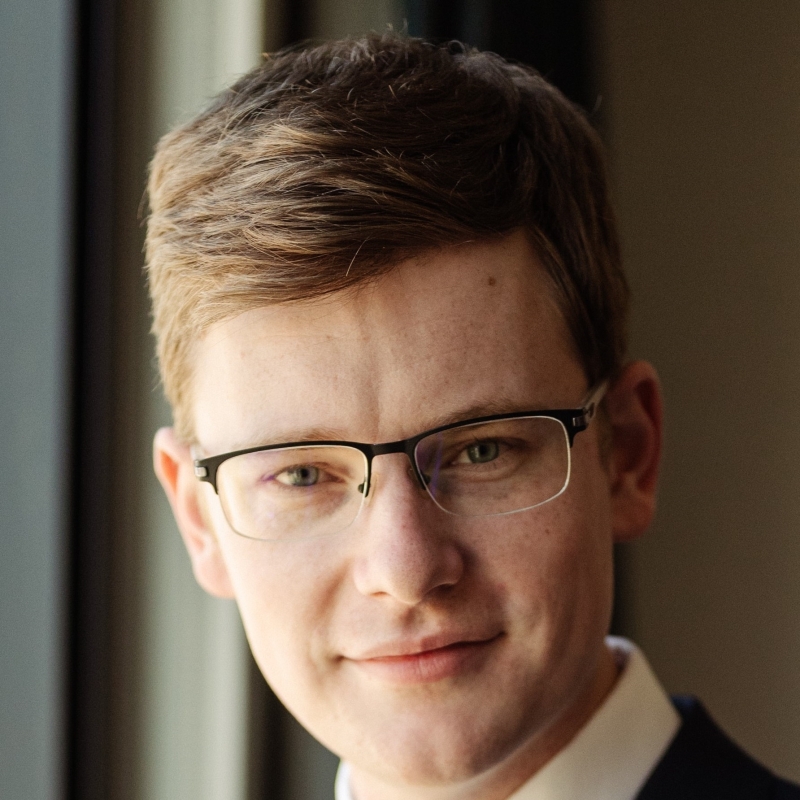CS 8803 O08: Compilers—Theory and Practice
Instructional Team

Santosh Pande
Creator, Instructor

Robert Taylor
Head TA
Overview
The objective of this course is to learn the theory and practice behind building automatic translators (compilers) for higher level programming languages and to engineer and build key phases of a compiler in Java or C++ for a small language.
Topics
- Front End: Compiler phases and overall working, Scanners (Regular Expressions, NFA/DFA, Scanner Generators), Parsers (Grammars, Ambiguity Removal, LL, LR, and other deterministic parsing), Semantic Analysis (Symbol Tables, Syntax Driven Analysis, Type Systems, Attribute Grammars)
- Middle End: Intermediate Forms, Syntax Directed Translation, Translation of: Expressions, Control Structures and Back-patching, Function and Procedure Calls, Runtime Organization
- Back-end: Instruction Selection, Register Allocation, Instruction Selection, Code layout and Code Generation, Brief Introduction to Code Optimizations
Sample Syllabus
Fall 2024 syllabus (PDF)
Summer 2024 syllabus (PDF)
Spring 2024 syllabus (PDF)
Note: Sample syllabi are provided for informational purposes only. For the most up-to-date information, consult the official course documentation.
Course Content
To access the public version of this course's content, click here, then log into your Ed Lessons account. If you have not already created an Ed Lessons account, enter your name and email address, then click the activation link sent to your email, then revisit that link.
Before Taking This Class...
Suggested Background Knowledge
Good knowledge of data structures and algorithms, good programming skills, and ability to write sizeable software in Java or C++. Should be able to work in Linux environment.
Technical Requirements and Software
Students will work in a Linux environment.
Academic Integrity
All Georgia Tech students are expected to uphold the Georgia Tech Academic Honor Code. This course may impose additional academic integrity stipulations; consult the official course documentation for more information.